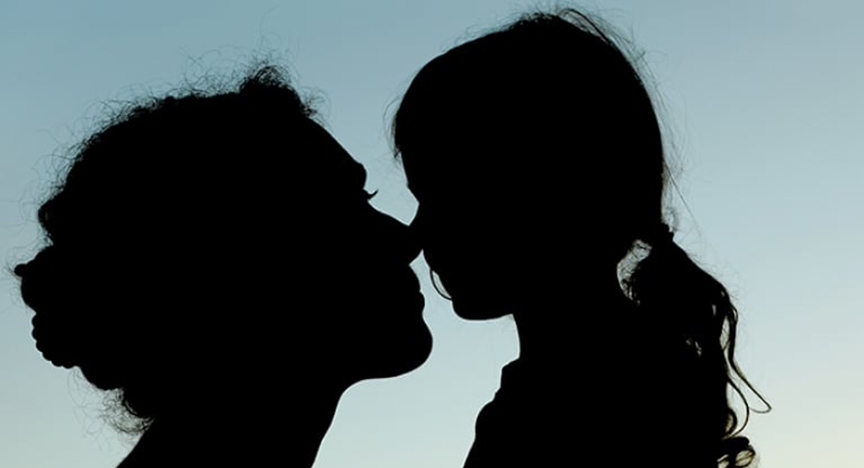
Depression and children
Depression is one of the most common health issues for young people in Australia. Even so, it remains an issue that we don’t talk about enough. There’s a common misconception that talking about depression, and mental health in general, will make a condition worse. In fact, the reality is quite the opposite — talking about depression educates people and helps them know what to do if a mental health concern arises. The more people are aware, the sooner help can be sought for those who need it.
What is depression?
Headspace defines depression as a mental illness characterised by feelings of sadness or irritability that lasts longer than usual, affect most parts of a person’s life and stops them from enjoying the things that they used to.
A recent survey of mental health and wellbeing of Australian children and adolescents found an estimated 112,000 children and adolescents in Australia are living with major depressive disorder. Yet, because mental conditions are not visible, they are often overlooked or forgotten by the wider population, and children can be misunderstood as lazy or “faking it”.
People tend to be much more helpful when they see a child with a physical disability — they will make way for an injured child and put in extra effort to ensure they are comfortable. But when it comes to depression, many people don’t understand what a child needs. This is why it is vital that we talk about it. The more we talk about it, the more awareness we create and the more people will understand that depression can be every bit as painful and serious as a physical injury.
Signs and symptoms of depression in children and young people
The term “depression” is often used very loosely and while everybody experiences low moods at times, it is important to be able to recognise when depression has become a serious issue. If left untreated, depression can have a major impact on a child’s development, including their ability to learn, have positive social relationships and good self-esteem.
Here are the most common signs that your child might need help:
- Sadness or moodiness for extended periods
- Being withdrawn from family and friends
- Lacking in energy or feeling unable to do simple tasks
- Significant weight loss or gain
- Changes in sleep patterns (e.g. too little at night or too much during the day)
- Unexplained aches and pains
- Feelings of worthlessness or guilt or low self-esteem
- Poor school grades, trouble with focusing or making choices
- Not caring about what happens in the future
- Self-harming behaviours or mention of hurting himself or herself
- Frequent thoughts of death or suicide.
Please be aware that some of the above signs can commonly occur in children who are not depressed, but when seen together, frequently (nearly every day and for extended lengths of duration) they are red flags for depression. Contact your family doctor or nearest Child and Youth Mental Health Service for professional assessment and treatment.
Talking about depression with your kids
Talking with your children, especially teenagers, about their feelings is not always easy, but it’s important to establish open and comfortable lines of communication, so your children know they can always talk to you about anything that is troubling them. The key is to be supportive and helpful, non-judgemental, and make sure they know you will always be there for them when they reach out. They need to know that they do not have to face their problems alone.
If you think a young person may be experiencing depression, it is important to be upfront and ask them how they are feeling. Take the time to listen to what they have to say and if need be, talk openly to them about making an appointment to see your family GP.
Helpful questions to get a conversation started could include:
- How was your day?
- What made you feel that way?
- What will make you feel better?
- What can I do to help you?
If your child denies there is a problem, don’t criticise them or put pressure on them. Sometimes they will just need some time before they feel ready to accept help. Try asking them if you can check in with them at another time if you are still concerned.
Depression can be confusing and worrying for parents, but it should be comforting to know that depression in children and young people is different to adult depression, in that it is often transient (or short-lived) and effective treatments are available.
A simple conversation about depression with our children, whether you suspect they are suffering from it or not, is the most powerful thing each of us can do to help break down the lingering stigma attached to it and help those living with depression to get the help they need to overcome it.
For more information
- Youthbeyondblue
- KidsHelpLine | 1800 55 1800
- eHeadspace | 1800 650 890
- Parentline | 1300 30 1300
- ReachOut
- KidsMatter
In an emergency call 000/strong> or contact the Child and Youth Mental Health Service Acute Response Team on 07 3068 2555.